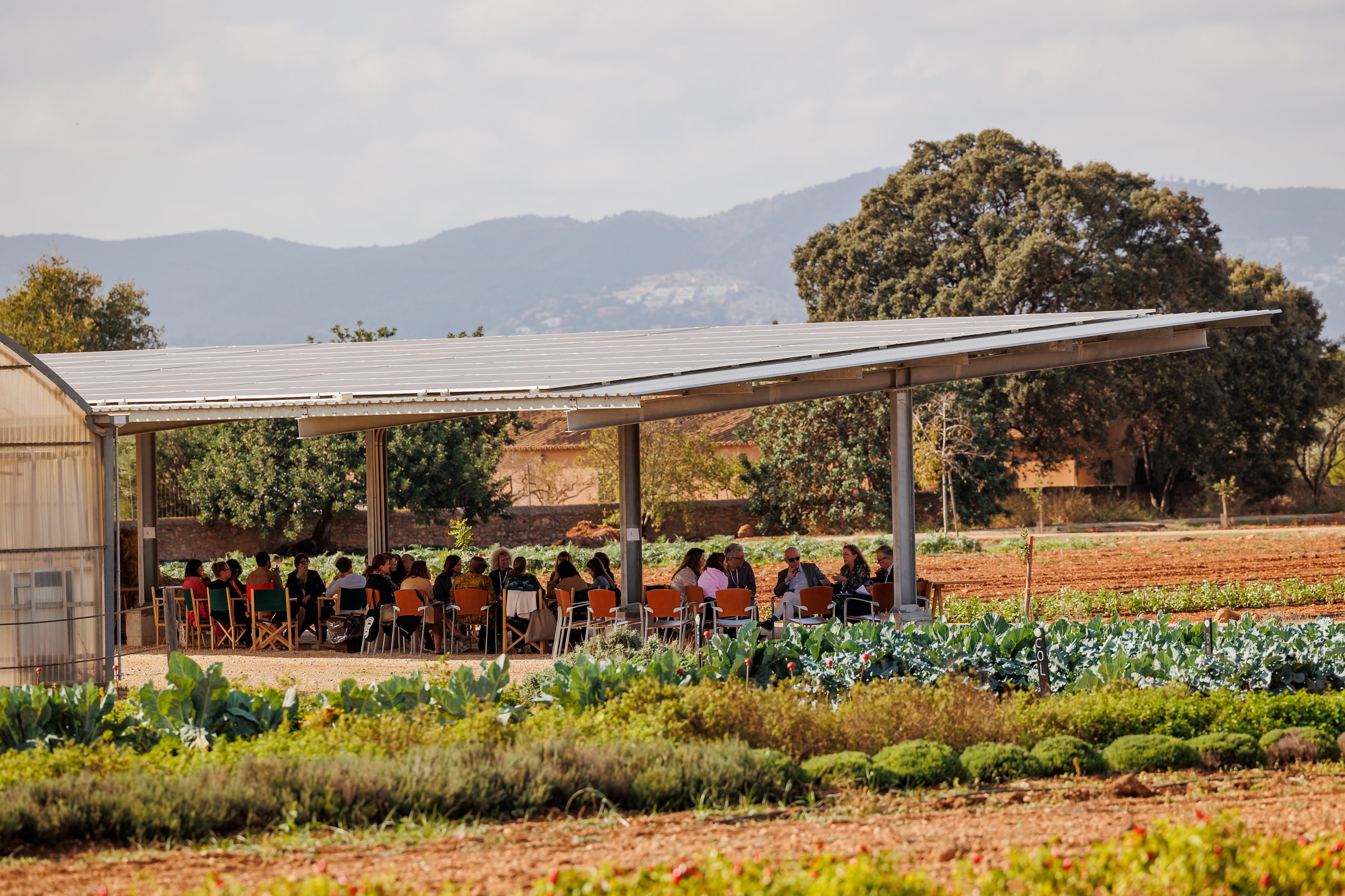How Modern and Contemporary Art Museums are Responding to Sustainable Development Goals

Climate, Social, and Economic Sustainability: How Modern and Contemporary Art Museums are Responding to Sustainable Development Goals
- CIMAM incorporates social and economic sustainability into its Toolkit on Sustainable Museum Practices, following a study conducted by CIMAM's working group on Sustainability and Ecology in Museum Practice.
- The study explores how modern and contemporary art museums achieve sustainable goals while upholding their core values, providing valuable insights into the sector's current challenges and opportunities, and highlighting the importance of museums leading by example, respecting society, the environment, and their role in educating communities as a catalyst for positive change.
- Drawn from the accounts and insights of 88 modern and contemporary art individuals and institutions worldwide, this research sheds light on the challenges that museums face to achieve the social, environmental, and economic Sustainable Development Goals at only 6 years away of the 2030 Agenda set by the United Nations.
- The findings enhance the existing CIMAM Toolkit and are intended as a useful reference for modern and contemporary art museums around the world.
Barcelona, 18 May, 2023 – CIMAM, the International Committee for Museums and Collections of Modern Art, announces the incorporation of social and economic aspects of sustainability into its Toolkit on Environmental Museum Practices. This significant update is the result of a study led by the CIMAM’s Working Group on Sustainability and Ecology in Museum Practice. The study aimed to examine how modern and contemporary art museums achieve sustainable goals without compromising their core values.
In January 2022, CIMAM initiated the research project "Climate, Social, and Economic Sustainability: How Modern and Contemporary Art Museums Act to Achieve the Sustainable Development Goals." The project aimed to assess the commitment of these museums to the United Nations 2030 Agenda's Sustainable Development Goals.
The study involved professionals from the global modern and contemporary art museum sector, including museum directors, independent curators, heads of exhibitions, trustees, presidents, founders, senior staff, communication experts, sustainability officers, researchers, and educators. Their contributions unveiled the diverse socio-political contexts in which museums operate and the subsequent impact on their ability to develop sustainability plans aligned with the ambitions of the UN Agenda 2030.
Three sustainability experts were invited to evaluate the findings. Caitlin Southwick, founder and CEO of Ki Culture, analyzed the social aspects of the survey. Henry McGhie, founder of Curating Tomorrow, assessed progress towards environmental goals. Martin Müller, professor at the Department of Geography and Sustainability at the University of Lausanne, provided critical insights on the museums' evolution towards greener economies.
The survey featured closed and open-ended questions, unveiling the current status of museums in their pursuit of UN Sustainable Development Goals through structural changes. The results were categorized into three sections: the primary obstacles to achieving sustainable transformation, key approaches to adopting sustainable practices, and the potential benefits museums and professionals gain by implementing sustainability measures.
The responses to the survey highlight the need for an international reference that encourages the exchange of inspiring good practices. This will enable museums around the world to reorient or embark on a path toward more sustainable practices in the environmental, social, and economic dimensions.
Participants' voices emphasize the importance of museums leading by example, respecting society, the environment, and their pivotal educational role within communities. Embracing this responsibility serves as the key driver for cultural institutions to enact positive change.
While modern and contemporary art museums are in the early stages of sustainable development, they possess a unique opportunity to establish themselves as exemplars of best practices, contributing their perspectives to global discussions on human rights, social justice, and climate-related issues.
Sustainability, rooted in universal respect for life and human rights, demands that museums adopt this ethos as their modus operandi to the best of their abilities.
This comprehensive resource covers the social, environmental, and economic aspects of sustainability, combining advice and real-world experience from museums around the world. It is a practical international resource based on the principles of human rights: equity, inclusion, diversity, justice, environmental respect and sustainable economic growth. Modern and contemporary art museums can draw inspiration from this valuable resource.
→ Read here the survey findings on how modern and contemporary art museums are responding to the Sustainable Development Goals set in the Agenda 2030 by the UN.
TABLE OF CONTENTS
- Aims of the study
- Methodology
- Assessment from three experts
- Caitlin Southwick
- Henry McGhie
- Martin Müller
- Findings
- Brakes, paths, and opportunities to develop sustainable practices in Museums
- The social aspect of sustainability: diversity, equity, & inclusion (dei) and education.
SDG 4: Quality Education
SDG 5: Gender Equality
SDG 10: Reducing inequalities - The environmental aspect of sustainability: climate justice and awareness, emissions and waste reduction, and responsible consumption.
SDG 11: Sustainable Cities and Communities
SDG 12: Responsible consumption and production
SDG 13: Climate Action - The economic aspect of sustainability: working conditions, local and circular economy, and ethical sponsorships that pursue sustainable objectives.
SDG 8: Decent work and economic growth
SDG 16: Peace, Justice, and strong institutions
SDG 17: Partnership for Achieving the Goals
- List of survey respondents
The 2023–25 CIMAM’s Sustainability and Ecology in Museum Practice working group consists of CIMAM Board members:
- Suzanne Cotter (Chair), Director Museum of Contemporary Art Australia, Sydney
- Suhanya Raffel, Director, M+ Museum, Hong Kong
- Malgorzata Ludwisiak, Artistic Director, The Museum of Modern Art, Warsaw
- Clara M. Kim, Chief Curator and Director of Curatorial Affairs, MOCA, Los Angeles
- Kitty Scott, Independent Curator, Ottawa
- Leevi Happala, Museum Director, Dr. Museum of Contemporary Art Kiasma, Helsinki
- Joselina Cruz, Director/Curator Museum of Contemporary of Art and Design, Manila
This survey project was originated by the CIMAM Sustainability and Ecology in Museum Practice working group 2020─22 led by CIMAM Board members: Frances Morris (Chair), Suhanya Raffel, Suzanne Cotter, Mami Kataoka, Malgorzata Ludwisiak, Ann-Sofi Noring, Victoria Noorthoorn, and Rhana Devenport.